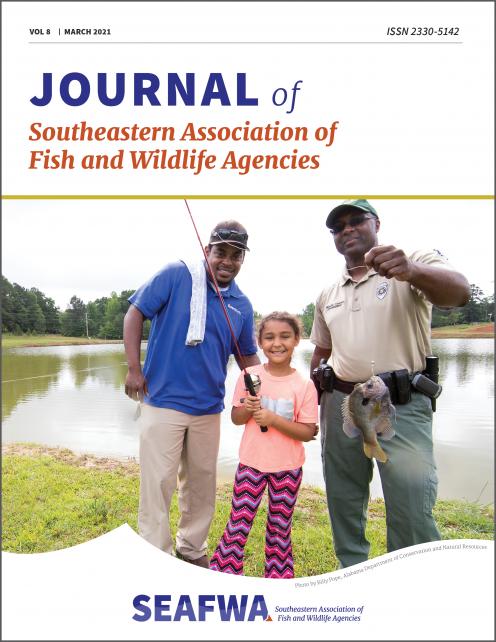Innovative Approaches to Resource Conservation
Managing for quality sport fishing is becoming more difficult as natural resources dwindle. This trend also creates additional problems with endangered species. Benefits accrued from land and water conservation programs pay dividends to both. Texas Parks and Wildlife Department has embarked upon an aggressive approach to resolving species and habitat conflicts through cooperative programs with local governments and especially private landowners. To date, 1) a “natural” cienega for two endangered fishes has been recreated, 2) a Conservation Agreement has been enacted to enable private...
